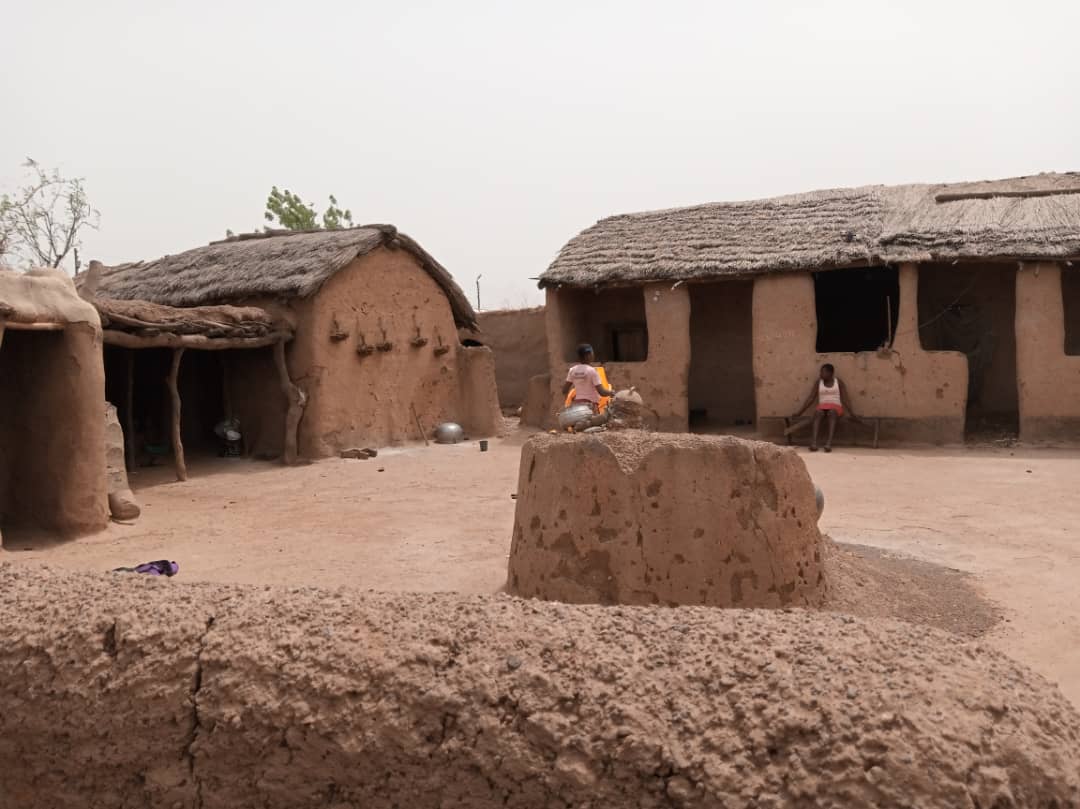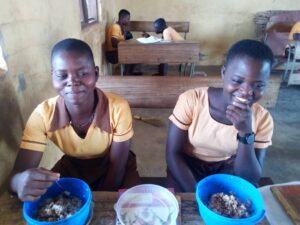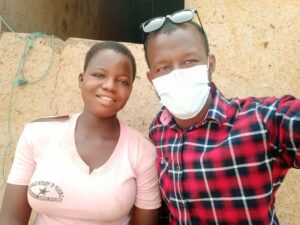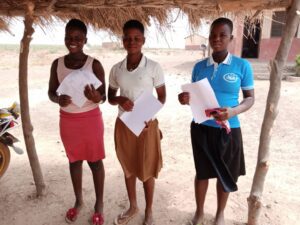It is often perceived that the northern part of Ghana is the poorest among all the regions. Hailing from and living in the north, specifically in Lawra in the Upper West, I have found it difficult to accept how the conditions in the north are often described in the papers -usually shallow and a scratch on the surface. I have lived, schooled, and currently work in thick and dark rural communities. Maybe the appropriate words that best fit our condition here are deprived, impoverished, less privileged, and destitute. But I am not here to play with words.
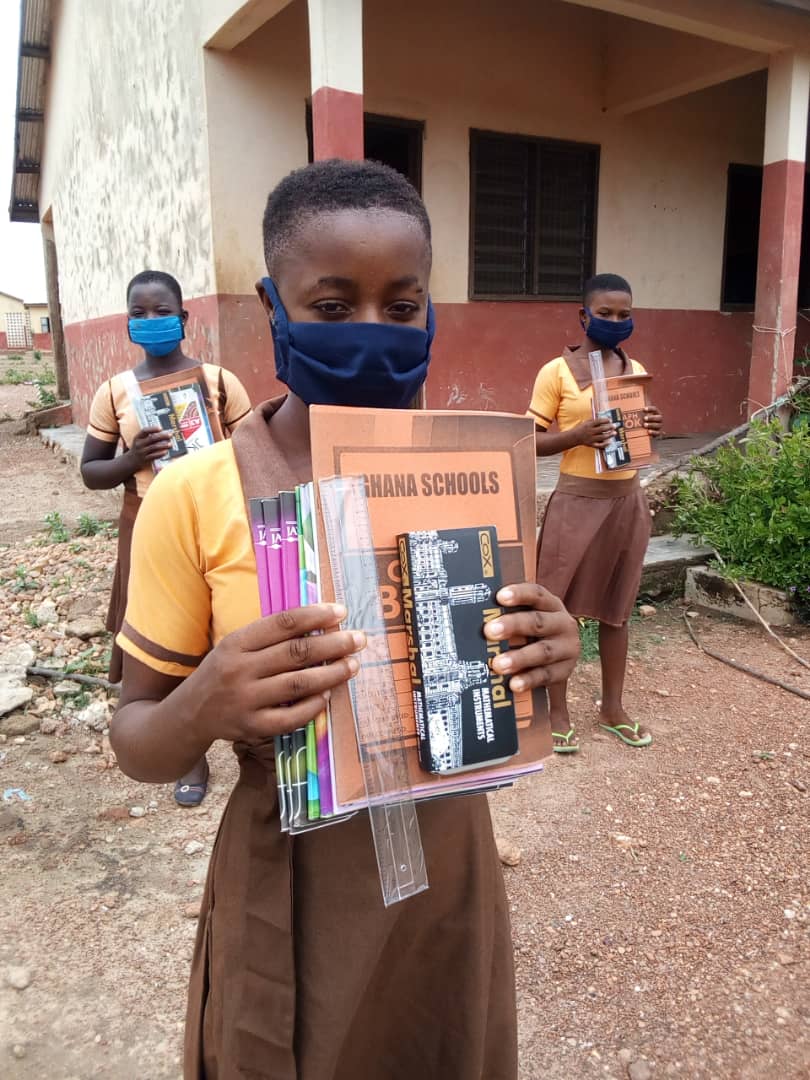 The story of this young girl could help you appreciate your comfort. Bertha lives in a remote village in Lawra called Biro, a hard-to-reach farming community. This is a village where poverty of all forms is visible; characterised by high school dropout at the JHS level, early marriages and teenage pregnancy, high migration down south, shortage of food, high starvation, high illiteracy, no or low income – all of these are interconnected and stems from abject poverty as the root cause. These could best define Bertha’s predicament.
The story of this young girl could help you appreciate your comfort. Bertha lives in a remote village in Lawra called Biro, a hard-to-reach farming community. This is a village where poverty of all forms is visible; characterised by high school dropout at the JHS level, early marriages and teenage pregnancy, high migration down south, shortage of food, high starvation, high illiteracy, no or low income – all of these are interconnected and stems from abject poverty as the root cause. These could best define Bertha’s predicament.
Unlike the well-furnished, air conditioned, ceiled and sleek houses most are privileged to live in, in honest and plain terms Bertha’s is a dilapidated mud house, thatch roofed; cow dung plastered floors and walls. And there was pregnant Bertha, lying on the hard and rough floor, feeling tired and dirty. She still has to peel groundnuts which her junior brother farmed so that they could at least get to feed. I felt broken visiting this girl for the first time in her home to check on her because she got pregnant right after completing Junior High School. Due to the pregnancy Bertha could not enrol into senior high school, even when she got the passes and selected for ATE’s pilot ‘Girls to Senior High School’ programme.
Bertha’s father died some years ago and due to hardships, her mother took the decision to travel down south, instead of sending Bertha, to work for money to enable them buy food. This triggered my curiosity and concern. ‘So, who do you stay with here; your uncle?’, I asked, ‘No sir’, said Bertha. Realising that they are just four children standing before me, I asked again but this time with an accelerated heartbeat: ‘So how do you feed?’, She sighed, face down and turned away but stretched her hand to point to her younger brother and said, ‘that’s the farmer’, a boy of about 13 years old.
One would have thought that Bertha’s devastating conditions would have given her the determination to focus on her education with the hopes of breaking the chain of poverty in her house, but poverty with its complications, coupled with traditional norms and customs leave the girl child more vulnerable. No wonder she gave up hope. No wonder she gave up school. No wonder she is in this desperate situation at such a tender age. She had thought of the future and wondered who would cater for her in school but foresaw no one. Her friends who are now in school echoed this fact. Olivia, one of the young women who has just began her further education in ATE’s Girls to Senior High School Programme, said, ‘sir, if it were not for the help of ATE, we were not thinking of proceeding in education.’
Action Through Enterprise with its well strategized programs is committed to supporting the less privileged to secure them a sustaining future. We believe that most of these unfortunate hardships can be curbed if concerned heads unite. Thank you to ATE for its bite to make the world accessible to people like Bertha and her siblings.
You can read more about our work in Biro here: https://ateghana.org/girls-to-senior-high-school-a-pilot-programme-in-biro/
By Rexford Benon, ATE Biro Hub Admin and Impact Lead
- Bertha at school (right)
- Bertha with Rexford
- Receiving her exam results (right)
